I remember there was an end-goal of a communist state to ultimately disband bureaus
To my understanding, the way communists understand “the state” that they want dismantled, is the structures of power of class repression. Communists (myself included) define the state in capitalism as the set of institutions that maintain the repression on workers that enables the domination by capitalists. When we talk of the dictatorship of the proletariat, we simply mean that the state, instead of maintaining the repression against workers, is turned around and instead represses the capitalists to maintain the workers in power (which we see as desirable since workers are the majority and our goal is the elimination of the capitalist class and hence all class relations). The elimination of the state in end-goal communism, the way I see it, is about not needing anymore those structures to repress capitalists because capitalism has been thoroughly eliminated and history has progressed beyond it, in the same way that Europe hasn’t fallen back to feudalism because it was made obsolete by capitalism. This doesn’t mean, however, that all institutions are dismantled. Representative bodies, associations of technicians and specialists in one way or the other (research insitutes, healthcare, meteorology… you name it), and other types of institutions that we associate with modern states would still exist. Many of these imply political power: a higher-up of a research institution in nuclear power will obviously have some higher degree of decision-making over energy policy than your average citizen.
I don’t think communism and democracy aim at the same outcome. Democracy as a concept doesn’t explicitly aim to the elimination of class in society, and communism does, for example.
Do you have any comment on my insights on guaranteeing of human rights by historic socialist nations?


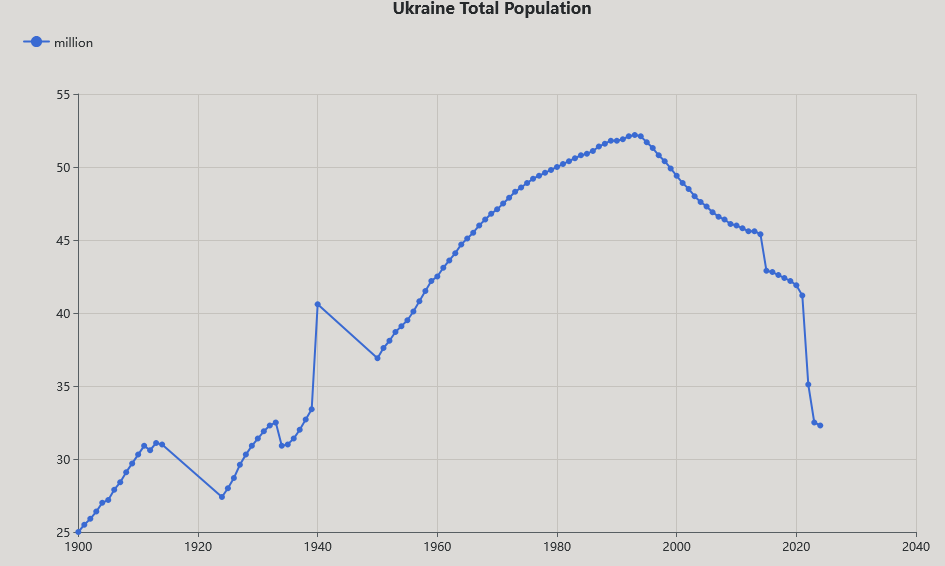
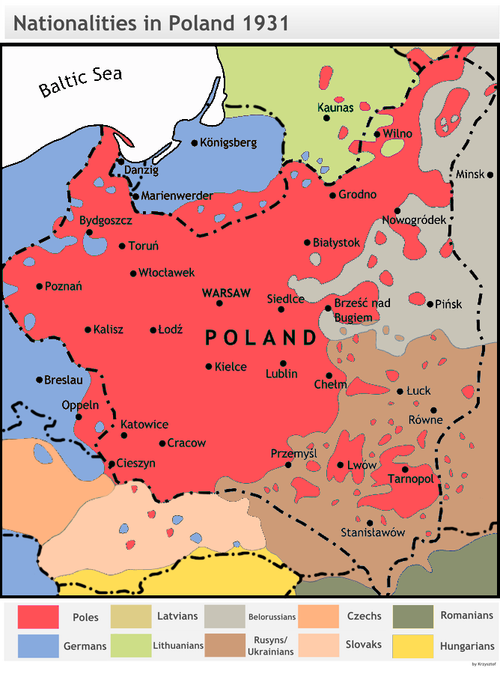
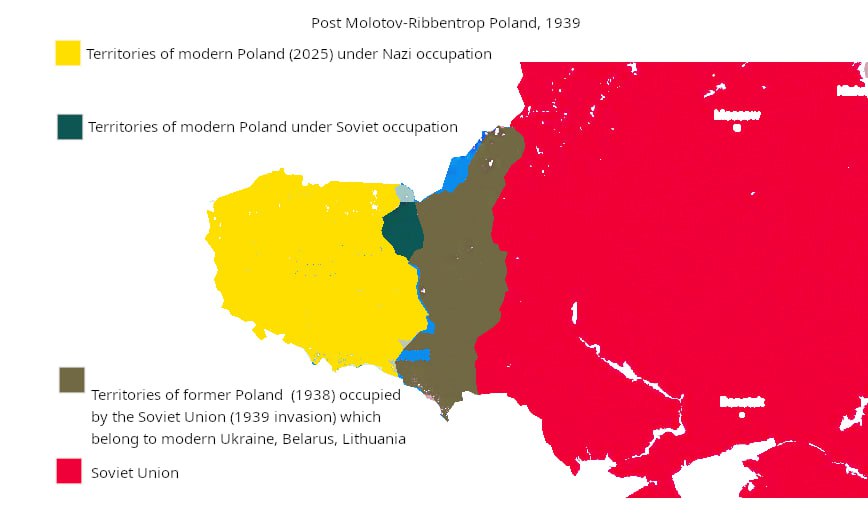
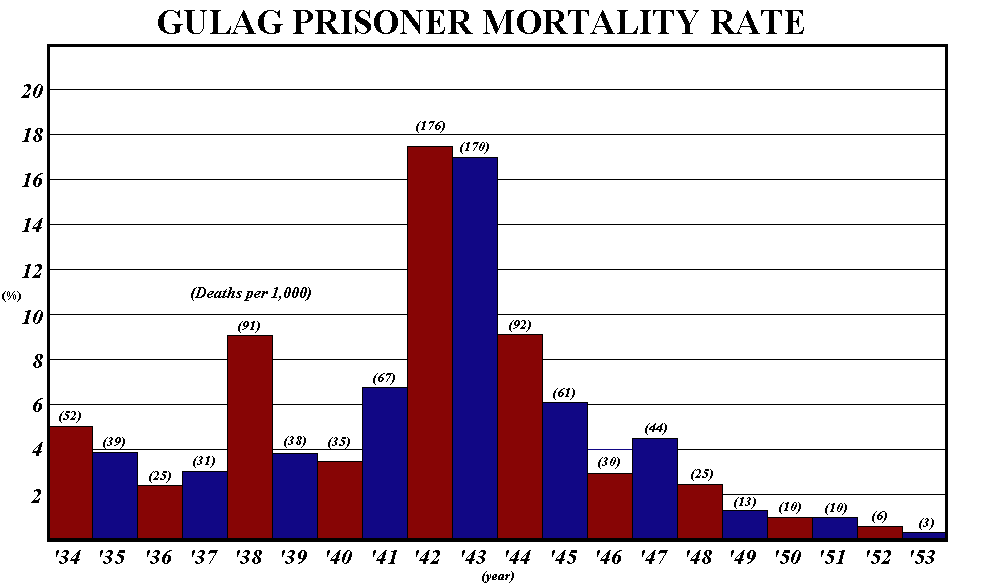
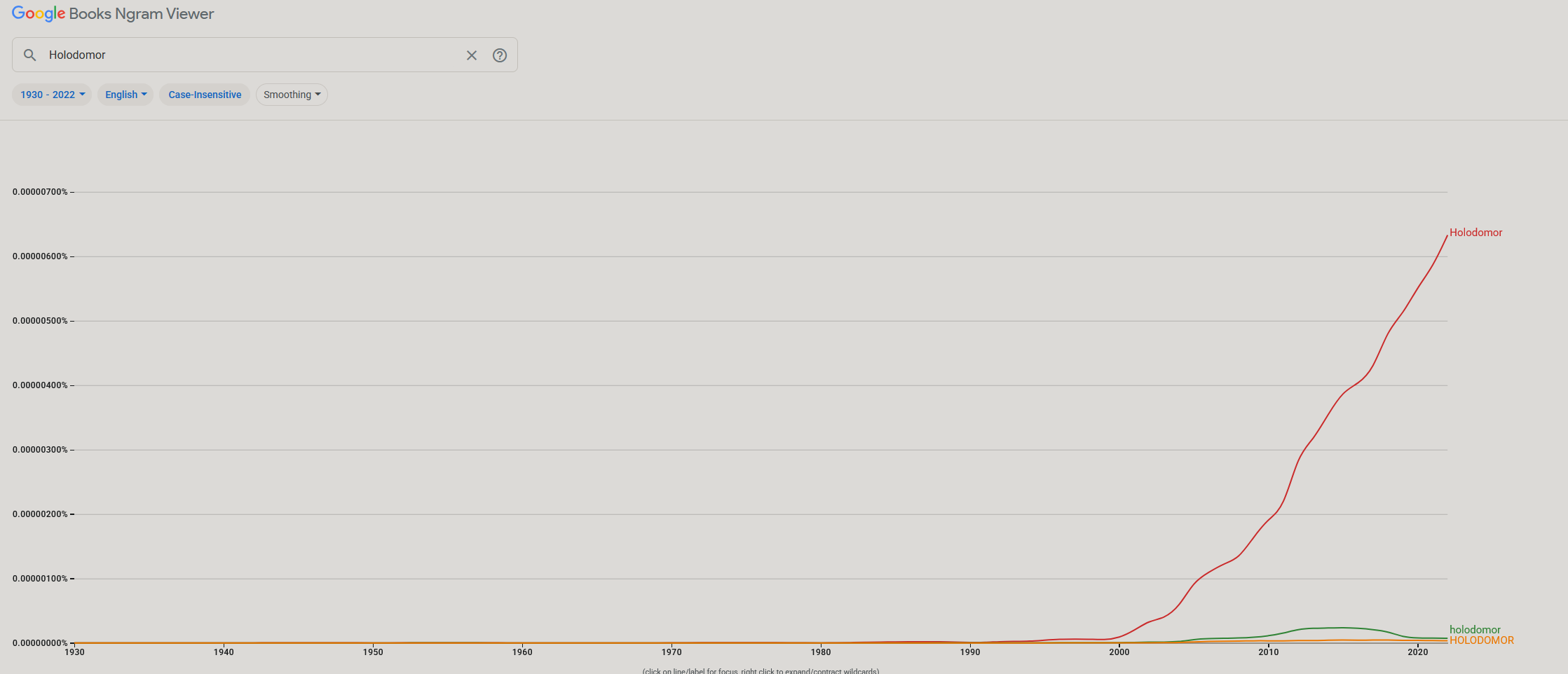
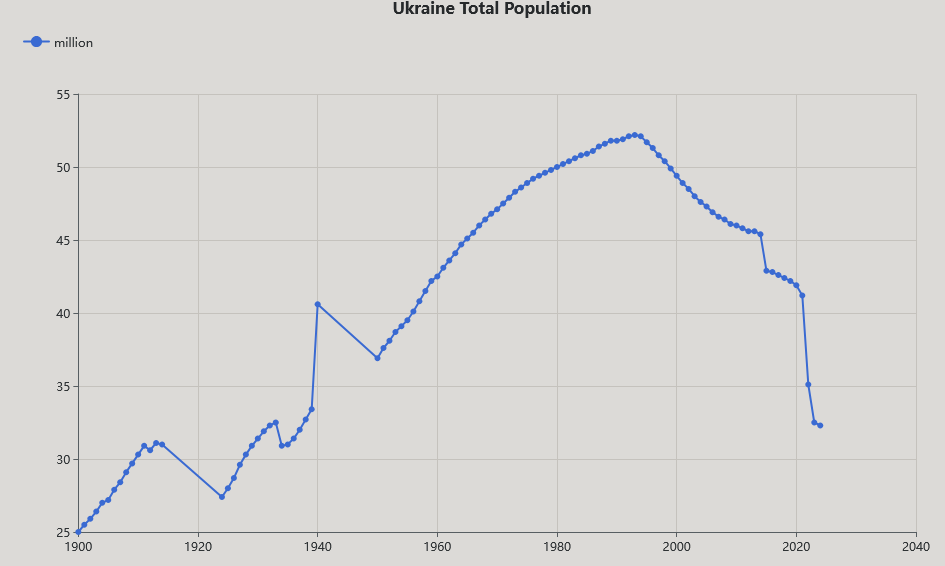
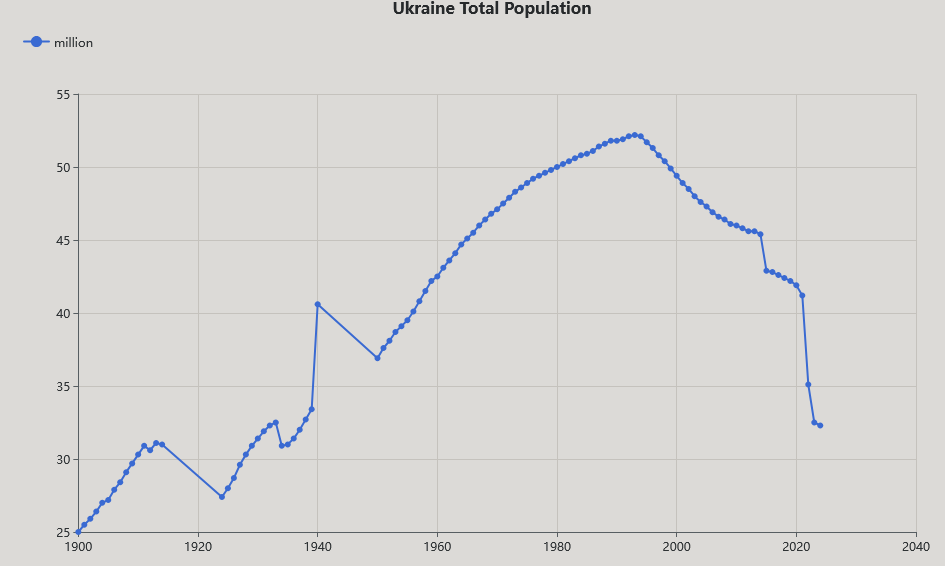
My claim isn’t that the word Holodomor was coined to make it sound scary, it’s that the word becoming the one to refer to the event in the western world is no coincidence. The etymological origin can be whichever it is.
Now, why oh why does the Skull Famine not have relevancy on the political climate? That’s exactly my point. Other famines are depoliticized (the article on Wikipedia for example chalks most of it down to climate) but “Holodomor” is made out to be by western anticommunist propaganda an attempt of genocide against Ukrainians. The motivations, followup or precedents are left to guess, though, but that’s fine, nobody will question it because first, questioning genocide is a risky thing to do, and secondly, it’s le evil Russian commies doing it, so ofc we will all believe it in the west.
Just a small remark: the two search results I referred to after searching “skull famine” came from not just searching those words on lemmy.world, but also from doing a Ctrl+F search for the words to be together. After ignoring our conversation, only two results meet that condition.
Ok. Funny to me that you hadn’t seen any of this before. Given the proximity to our modern times of this excess mortality numbering the millions in Russia alone, it should be a political hotbed shouldn’t it? Especially now that sensibilities with Ukraine are high, I wonder, why is it that similar studies but regarding the impact of capitalism in Ukraine aren’t constantly discussed? Be honest, were you aware of the scale of death and suffering caused by capitalist restoration in the eastern block? Given your original dismiss when I talked of drug abuse, organized crime, suicide rates, malnutrition and preventable disease, I doubt it. You seem to know so much about Holodomor though, so ask yourself: why is that? Why do you only seem to know about the millions of Ukrainians who died under socialism 90 years ago but you didn’t quite know what happened in the region in terms of life metrics for the past 35?
Cool, but I addressed that already. I already gave you the Brazil example. Tell me any other underdeveloped country that, between 1930 and 1960, had a doubling of life expectancy from 28 to 60. Comparative economics is a valid method, and there is no country that had this growth at the time, which is even more relevant in the case of the USSR because for equally developed countries, socialist ones consistently give better life metrics. You don’t believe in comparative economics, or in the idea that economic development correlates (especially in socialist societies) with increased life expectancy and reduced mortality?